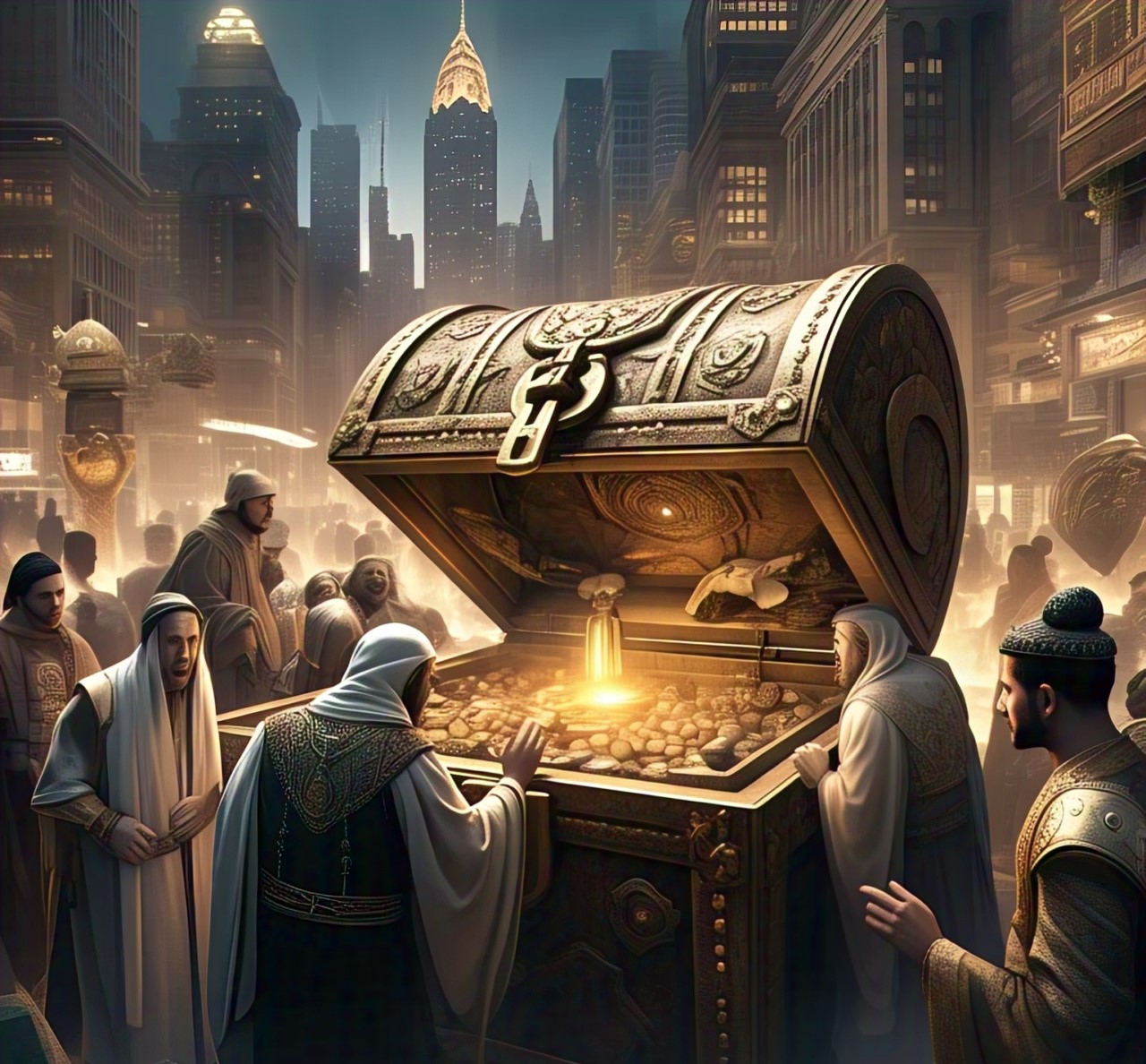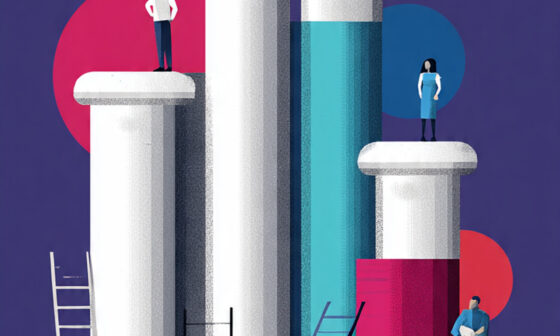The Ulysses Rule is named after a moment of ancient wisdom hidden in Homer’s Odyssey. As Ulysses or Odysseus sailed past the deadly Sirens, whose beautiful songs lured sailors to their deaths, he did something radical. Knowing that he would not be able to resist in the moment, he made a powerful pre-decision; he ordered his crew to tie him to the mast of his ship and ignore all his future pleas to be released; he also had them plug their own ears so they would not hear the song at all.
And that is the Ulysses Rule: Binding yourself in advance to a wise decision, so you do not sabotage your future when emotions, temptations, or impulses inevitably strike.
It is not weakness; it is wisdom. Ulysses did not trust his future self to make the right choice, so he made that choice ahead of time, and thousands of years later, modern psychology confirms what Ulysses instinctively knew: When we rely on willpower alone, we lose.
Discipline is not always about having the strength to say no in the moment; it is also very very much about making it impossible to say yes to the wrong thing later.
Why Willpower Fails and Pre-Commitment Wins
I am sure we like to think of ourselves as rational beings, at least for most of the time, measured, logical, in control, but most of our failures do not happen because we did not know what was right; they happen because we were not ready when the moment came.
Stress rises, sleep falls, emotions flare and suddenly, our values seem negotiable. In these moments, we sometimes do not pause to reflect, we default to reaction, and willpower alone, gets overrun. And that is not just a personal flaw; it is human nature. Studies in behavioral psychology have repeatedly shown that willpower is a finite resource. Like a muscle, it gets tired after use, and if you are constantly relying on it, every time you are tired, tempted, hungry, angry, or anxious, it will give out, and that is not weakness; it is just wiring.
But this is where the Ulysses Rule becomes so powerful: It is not about shaming yourself for future weakness; it is about anticipating it with wisdom.
You do not wait for the storm to pass; you are supposed to reinforce your foundation before the first dark cloud appears.
So instead of depending on your feelings to guide your choices, you build structures, practical, external, visible boundaries, while your mind is still sharp and your values still clear.
Consider these examples:
“I won’t check social media in the morning.” Sounds good right? But that is just in theory, until your half-awake hands reach for your phone, for Instagram before your feet even hit the floor. So you pre-commit: Set app blockers from like 6 a.m to 10 a.m, and something like removing apps from your home screen, use a charging station outside your bedroom or at the very least far from your bed even in the same room.
“I won’t drink at the party.” But under peer pressure, the crowd’s energy, and your desire to “not make it awkward,” you might give in. So you pre-commit: Bring your own drink, drive yourself, or set a curfew, or even leave when the vibe shifts.
This principle is called pre-commitment; the psychological strategy of making a decision now that locks out weaker decisions later. It is about protecting yourself from yourself, not with shame, but with strategy, and here is the key: You do not have to trust your future self always; you just have to outsmart your future self.

Why is that? Because your future self will still be you, but tired. Still you, but stressed, and still you, but tempted. And in that state, you will not need advice, you will need a wall already built, a fence already drawn, a decision already made. And that is not cowardice; that is courage with foresight; it is humility with intelligence; it is honoring the truth that discipline does not come from heroic moments, but it comes from deliberate preparation.
So my dearest readers, the next time you set a goal, do not just write it down, please build the boundaries that protect it, because your success in the storm will not come from raw strength; it will come from the choices you made when the sky was clear.
Many people believe that they can improve their lives by having more willpower. We would all be able to eat well, exercise regularly, and save money for our retirement.
Mahatma Gandhi, a spiritual leader and activist, described willpower by noting:
Strength does not come from physical ability. It is a result of an indomitable will.
Although many people intuitively know what willpower is, they lack the scientific knowledge necessary to comprehend the forces that can undermine it.
How can we use willpower to help us overcome our stubborn nature?
Knowledge is power. In this instance, knowledge is willpower.
Continue Reading: Improve Your Willpower | The psychological Science Of Self-Control
Practical Ways to Apply the Ulysses Rule in Your Life
You do not need to be an ancient Greek hero to apply this rule; you just need to be honest about where you are weak and willing to act while your head is still clear.
The beauty of the Ulysses Rule is that it is not theoretical, but very very much doable. You need simple, strategic pre-decisions that help you stay aligned with who you want to be especially when your future self might be too tired, emotional, or tempted to remember.
So here are actionable ways to implement the Ulysses Rule across key areas of your life:
Digital Boundaries
In today’s world where screens rule and attention is currency, distraction is one of the greatest threats to a focused, meaningful life.
So do not just hope to “stay off your phone.” Pre-decide your relationship with it.
- Use digital tools like FocusMe, Freedom, or StayFocusd to block access to social media, email, or news during critical work or devotional hours.
- Set screen time limits in your phone’s settings, especially at night or first thing in the morning.
- Charge your phone outside your bedroom or far from your bed to avoid mindless scrolling before bed or upon waking.
- Schedule digital Sabbaths, whole days or hours without screens to reset your brain and reconnect with the real world.
You do not conquer digital addiction with willpower; you conquer it by creating intentional friction.
Health and Fitness
Our bodies respond to convenience and most poor health choices are made when we are tired, stressed, or rushed. Pre-deciding how you will eat, move, and rest removes the burden of making “perfect” choices in imperfect moments.
- Meal prep on Sundays so your weekday decisions are automated and aligned with your health goals.
- Keep healthy snacks visible and junk food out of reach or even better, out of your house.
- Schedule workouts in advance, preferably with a partner or class to create commitment.
- Lay out workout clothes the night before to remove the early-morning decision fatigue.
Health is not a battle you win once; it is a rhythm you set in motion ahead of time.
Moral Convictions
Many people do not fall into compromise because they stop caring, but because they were not ready when the pressure came, so do not leave your character up to your feelings. Lock in your convictions early.
- Identify your boundaries in relationships, media, and money before temptation shows up.
- Make those convictions visible: Journal them, speak them aloud, write them into commitments.
- Tell a trusted friend or mentor about them and give them permission to call you out if you drift.
- Set automatic financial rules: Percentage-based giving, automated savings, spending limits.
Moral failure is rarely sudden; it is usually a slow drift made possible by silent indecision.
Faith and Spiritual Life
You can not afford to let your spiritual life be led by mood, circumstance, or convenience. The Ulysses Rule helps you treat faith like a foundation, not a filler.
- Pre-decide your morning routine: Word before world. Prayer before phone.
- Make spiritual disciplines automatic: Schedule devotional time like an appointment with God.
- Set environmental triggers: Leave your Bible open on your nightstand; keep worship music ready in the car.
- Honor Sabbath boundaries: No unnecessary work, no digital noise, no soul-numbing distractions.
Don’t leave your walk with God to chance. Shape your environment to reflect your priorities.
Remember This: Build the Shelter Before the Storm
The point of the Ulysses Rule is not to control your life; it is to protect your purpose. It is about admitting that emotions fluctuate; that temptation is real; that fatigue is human, and then choosing to act now, so that when weakness shows up, your values are already defended.
Do not wait to be strong. Be strategic!
Do not wait to “feel ready.” Be ready and wise!
Like Ulysses, bind yourself now, so you do not betray yourself later and this reminds me of the part of the scripture.
The LORD is God, shining upon us. Take the sacrifice and bind it with cords on the altar.
Psalm 118:27
Read Also: The Weight of My Own Words: How I Fight To Live What I Preach
Read Also: First The Man Takes the Drink; Then the Drink Takes The Man
Read Also: Blood Money Buys More Than Loyalty; It Steals Your Voice
Conclusion
The Ulysses Rule may feel extreme to some, but we live in an age of distraction, temptation, and easy escape. If we do not set the boundaries now, the moment will set them for us, and often, we will wish we had made the decision earlier.
Again, do not wait to “feel strong.” Do not wait for perfect motivation. Instead, act now, while your head is clear and your purpose is strong, because the people who succeed, spiritually and practically, are not the ones with the most willpower; they are the ones who build systems around their values, not their feelings.
So what are the Sirens calling you toward? Where do you feel vulnerable? And more importantly: What decision can you lock in now to protect your future from collapse?
Tie yourself to the mast! Guard your path before it gets dark! Because your life is worth protecting, even from yourself.
The LORD is God, shining upon us. Take the sacrifice and bind it with cords on the altar.
Psalm 118:27





